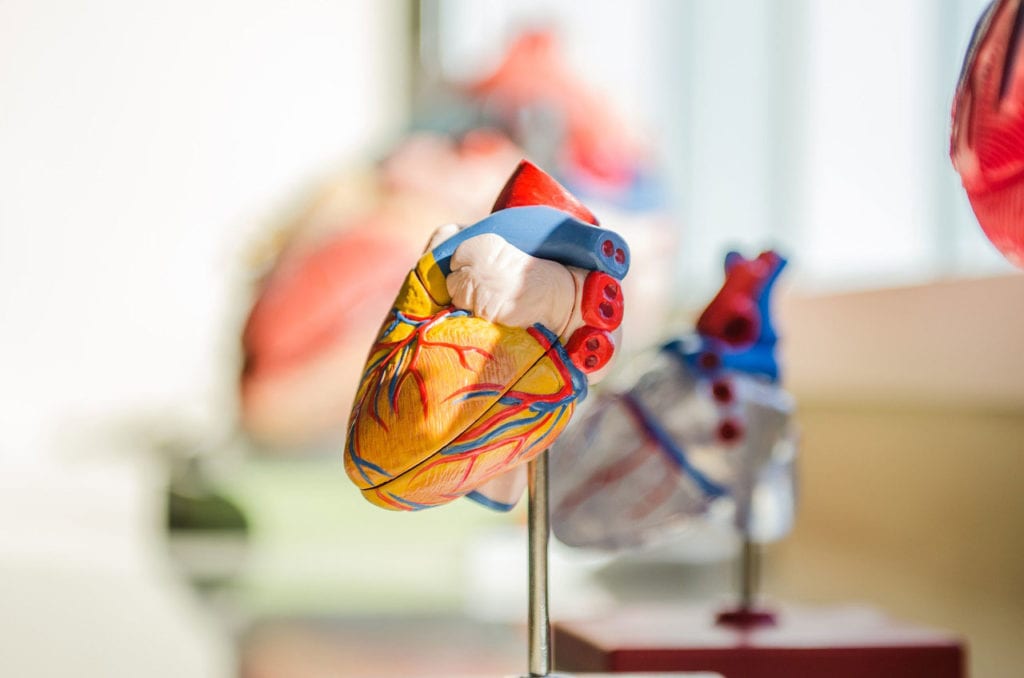According to a story from Nevada Public Radio, in the early 1980s, Lisa Iezzoni was a medical student at Harvard University. Around that time she received a diagnosis of multiple sclerosis. Some of Lisa’s symptoms included fatigue, but she just considered the diagnosis another challenge in her path that she would surmount in order to reach her dream of becoming a doctor.
Ableism in Medicine
Then, one day, a surgeon told her that she wasn’t cut out for the job, because her multiple sclerosis would keep her from having 24 hour availability, something that is often considered essential for medical professionals. This was years before the Americans With Disabilities Act passed back in 1990. Lisa wound up giving up on her dream to become a doctor because she said that she simply did not have the support necessary.
Working for Acceptance
In the period between those years and the present day, a variety of amendments and court rulings have helped to solidify the rights of disabled persons under the law. However, in the medical field, disabled people often still feel unwelcomed. In the minds of the public, doctors are often portrayed as exceedingly healthy people who simply cannot have medical challenges of their own. The general public, and medical professionals themselves, often seem to see medical professional as extremely able bodied people.
Of course, the truth is that doctors are not superhumans, and over the course of their careers, some of them may have to face living with a disability of some sort. Perhaps some disabilities may prevent doctors from doing things the way they are used to, but a large number of doctors and medical students that are dealing with disability are speaking out so that disabilities can become more acceptable in the field.
The Disability Stigma
Sadly, a recent report found that many doctors with disabilities go out of their way to hide disabilities for fear that it will make them appear less capable. The social media campaign #DocsWithDisabilities helped professionals come forward and share their stories.
At the end of the day, the best caregivers are the ones that can make patients feel heard and have the knowledge and skills to get them the treatment they need, and caregivers do not necessarily have to be fully able-bodied in order to do that.








